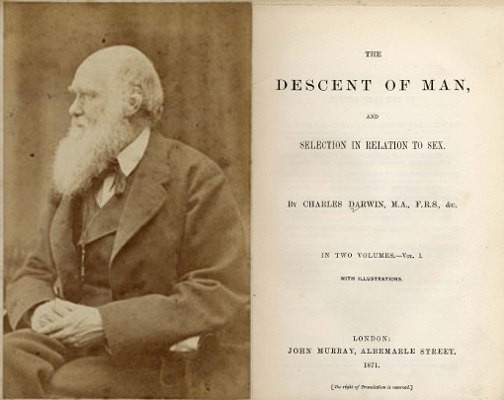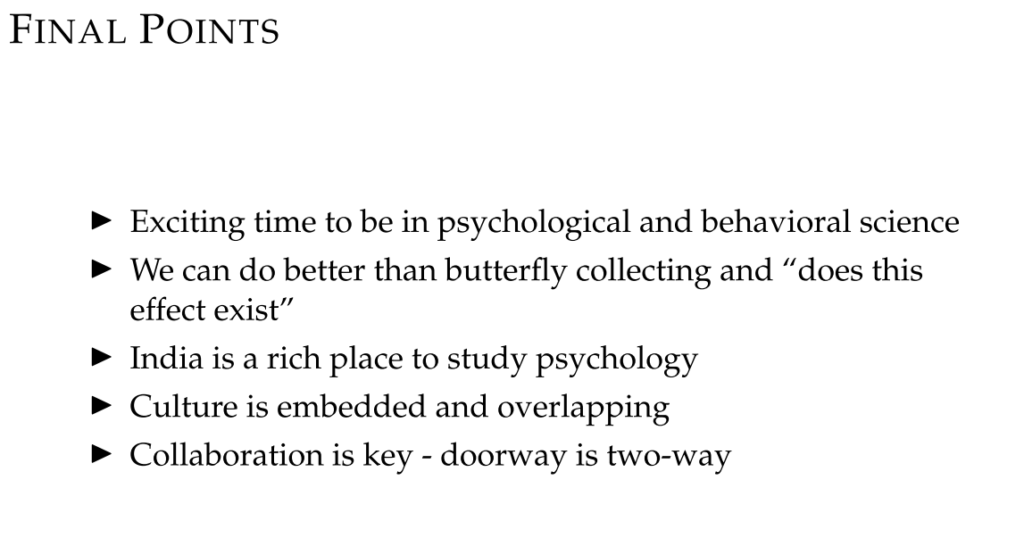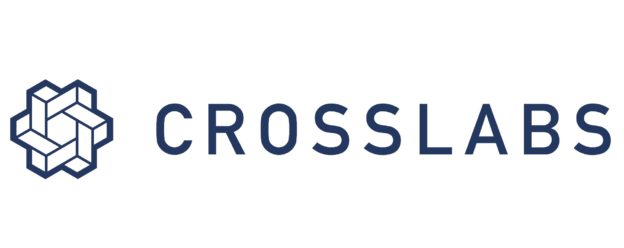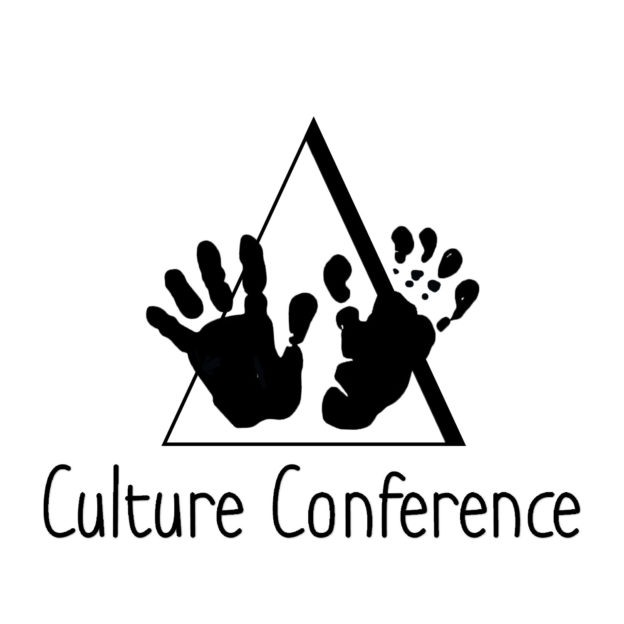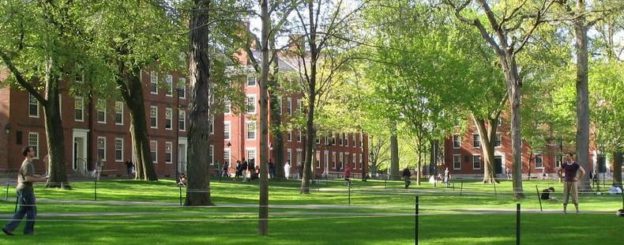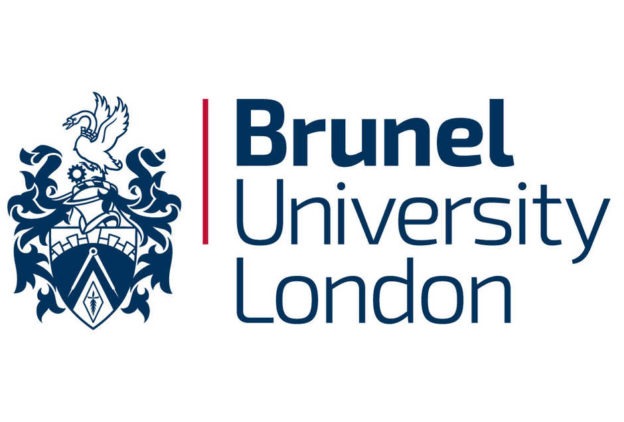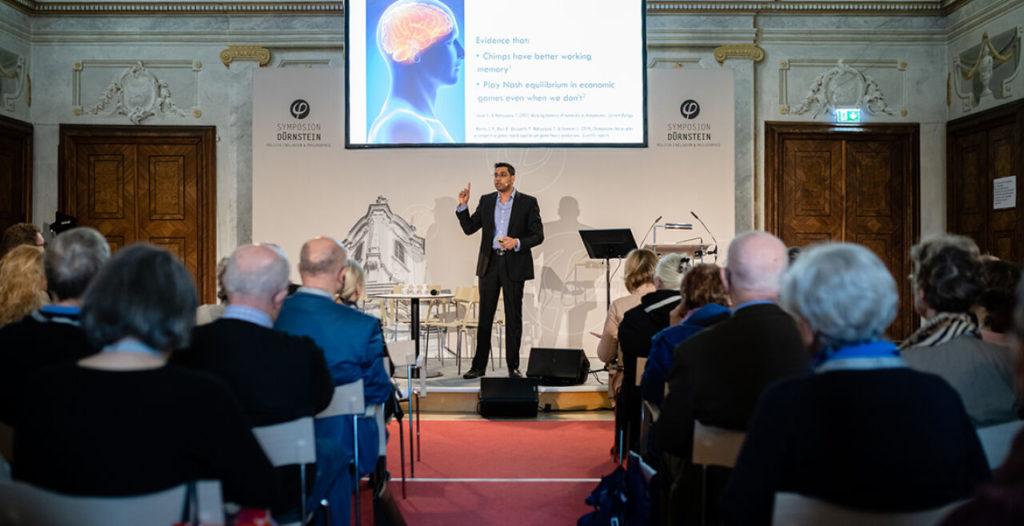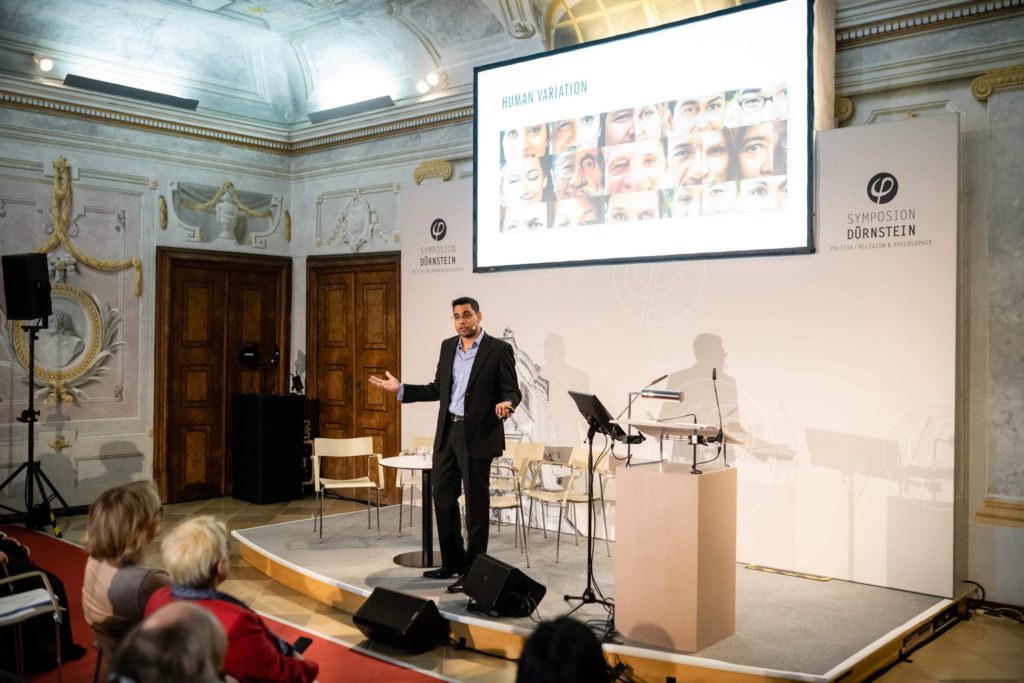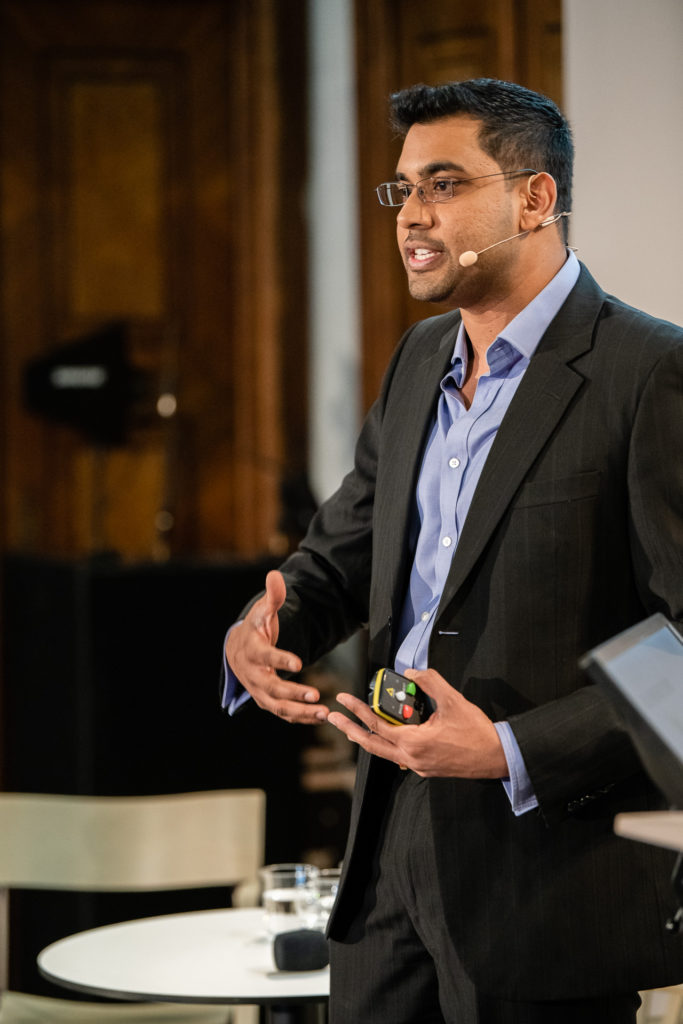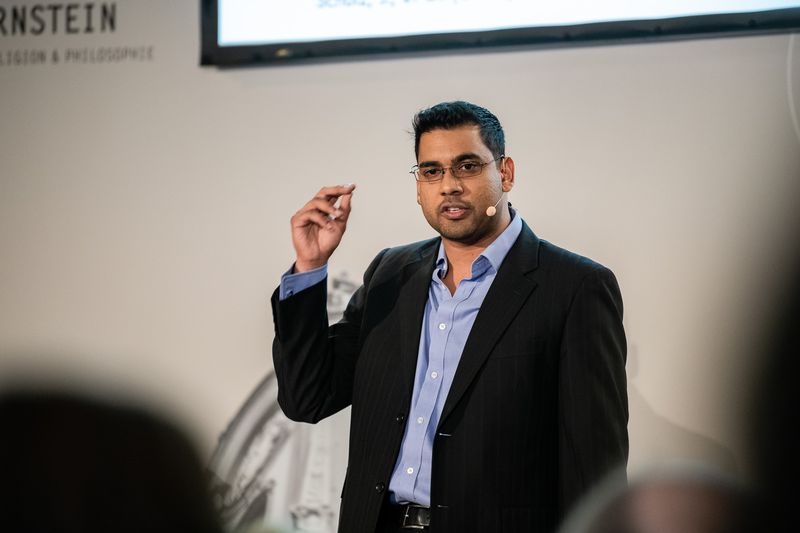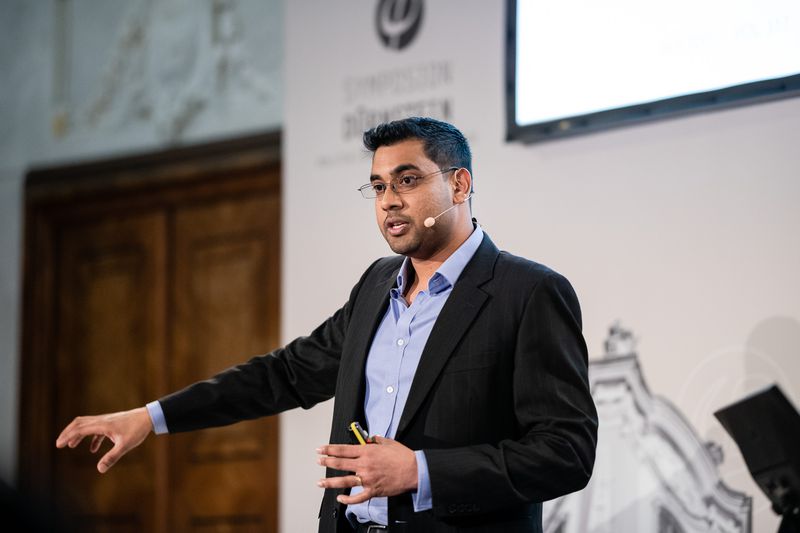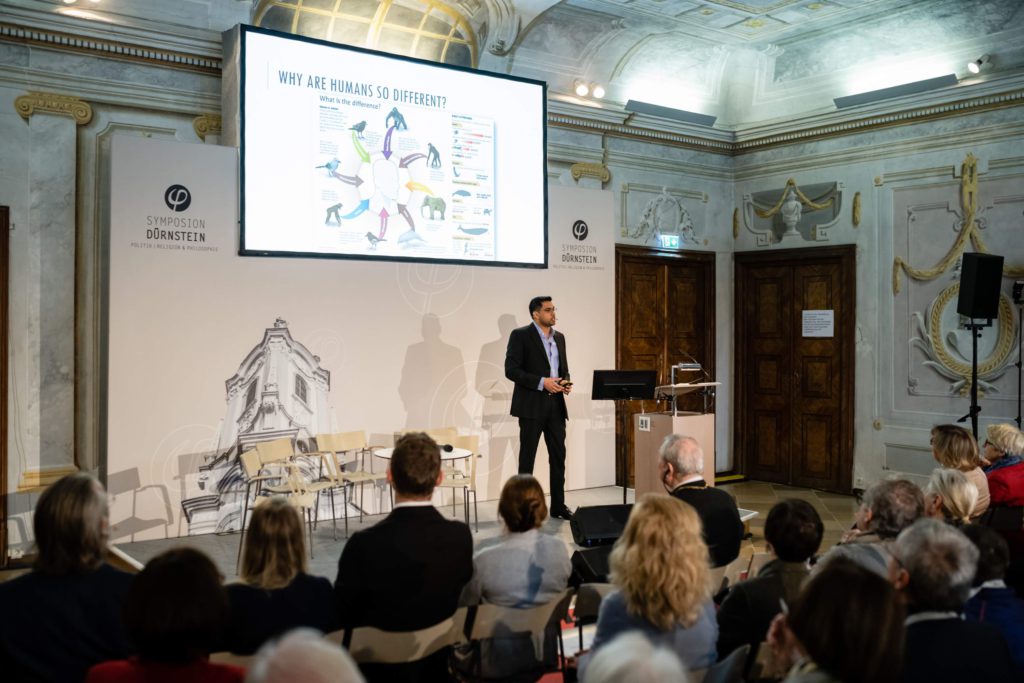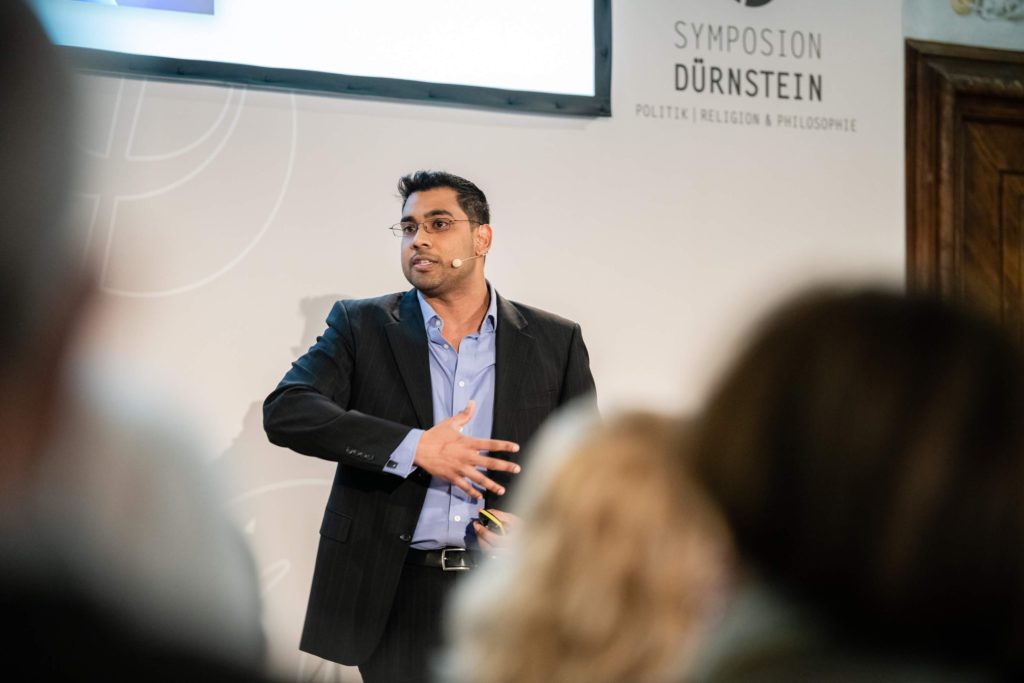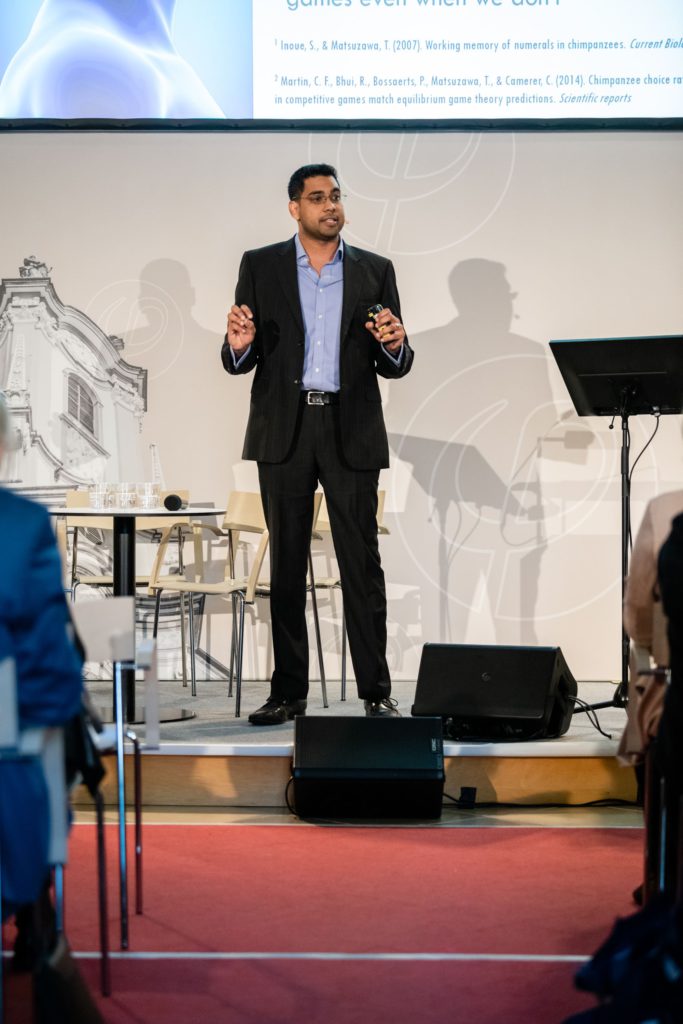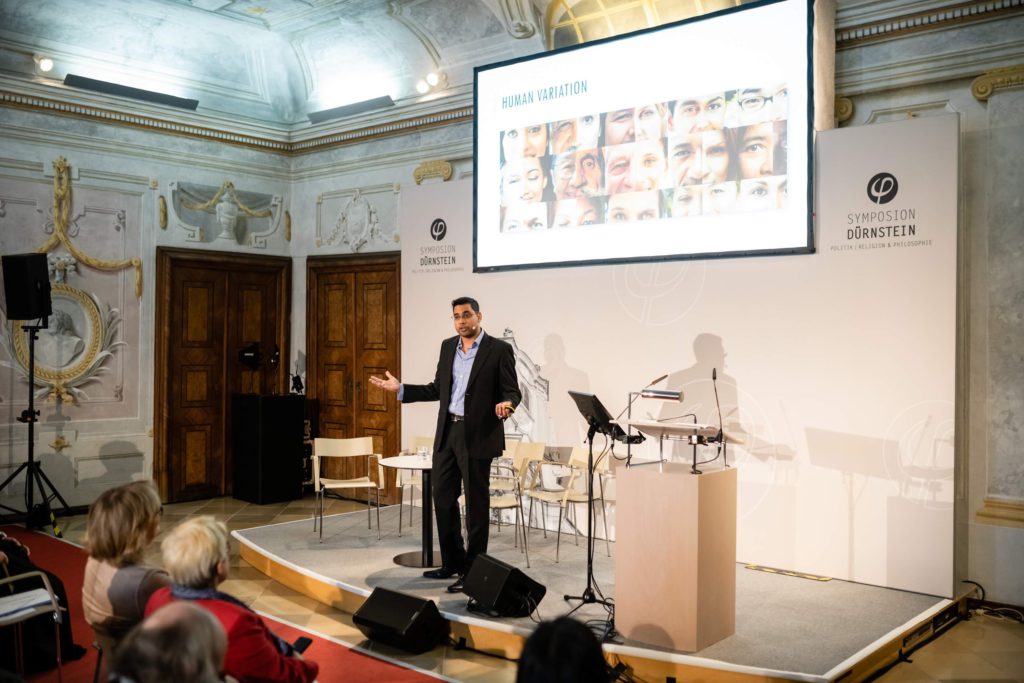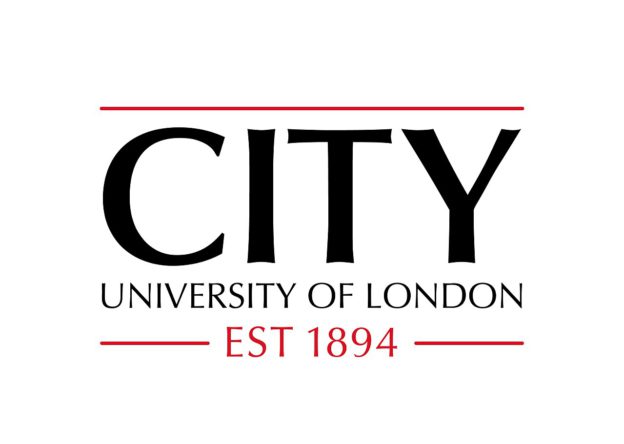The fifth Future of Government Disruptive Debate hosted by the World Bank tackles the issue of citizens’ trust in government. Together with a diverse group of high-profile practitioners, renowned experts, and thought leaders, I discuss how the natural state of affairs is corruption and the challenges government face in getting citizens to trust higher levels of cooperation.
My opening remarks can be found from 7:12 to 14:07 in the recording above. A rough summary of my talk can be found on my substack: https://muthukrishnalab.substack.com/p/trust-governance-and-cultural-evolution
More about the event here: https://www.worldbank.org/en/events/2021/09/22/how-will-citizens-trust-in-government-be-affected
Description:
The fifth Future of Government Disruptive Debate will tackle the issue of citizens’ trust in government. The Disruptive Debate series aims is to bring together a diverse group of high-profile practitioners, renowned experts and thought leaders to generate new knowledge and perspectives.
The issue of trust has been a frequent theme arising during the Disruptive Debate series. The panel addressed questions such as: Why is trust important for poverty reduction and shared prosperity? What is the relationship between inequality and trust? What can governments do to increase, or re-build, trust? How can citizens influence and hold governments to account? What has been the role of information, data and social media, particularly during COVID-19?
The other speakers included:
- Aidan Eyakuze, Executive Director, Twaweza East Africa;
- Jaimie Boyd, National Digital Government Leader and Partner, Deloitte Canada;
- Julius Mukunda, Executive Director, Civil Society Budget Advocacy Group (CSBAG);
- and Sonia Cooper, Chief Executive Officer of Ipswich City Council, South-East Queensland, Australia.
My thanks to host Raj Kumar, founding president & editor in chief of Devex and to the World Bank team.









